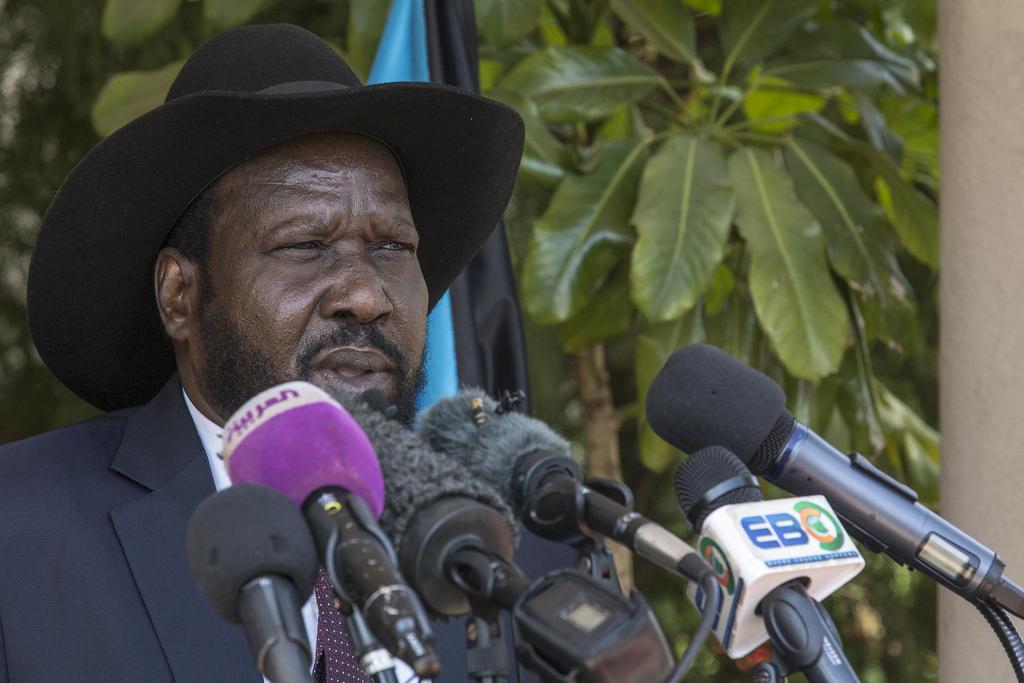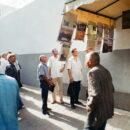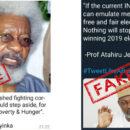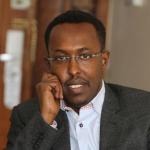Why calling for a ceasefire in South Sudan can be a bad idea

Even a seemingly uncontroversial demand can have complex, and potentially adverse, implications.

Violence continues across South Sudan despite President Salva Kiir’s announcement of a ceasefire. Credit: UNMISS.
On 23 March, British Foreign Secretary Boris Johnson, speaking to the United Nations Security Council, declared: “There can be no real dialogue for as long as South Sudan is ravaged by fighting.”
“All parties must respect an immediate cessation of hostilities,” he said. “As President, Salva Kiir is responsible for taking the first step – and others must follow”.
In his own Security Council remarks, UN Secretary-General Antonio Guterres made a similar call for an immediate cessation of hostilities.
Two days later, the South Sudanese government duly responded. At a meeting of regional leaders in Nairobi, Kiir declared that his government was to “announce a unilateral ceasefire and grant amnesty to those that renounced violence”.
The governments of Norway, the UK and US promptly welcomed the move, expressing their “strong support” for the “recent calls on all armed parties, including the Government of South Sudan, the Sudan People’s Liberation Movement in Opposition, and other armed groups, to commit to a ceasefire.”
However, despite Kiir’s announcement and all its international backing, violence continues across South Sudan. From Pajok in the far south to Wau in the northwest, the proclamation of a national ceasefire has done little to stop civilian populations being indiscriminately targeted, leading to widespread misery and further displacements.
[Failing South Sudan: First as Tragedy, Then as Farce]
Fragmented fighting
The merits of calling for a ceasefire in South Sudan seem unquestionable. The war that has engulfed the country has left 5.8 million people in need of emergency humanitarian assistance, of whom 1.9 million are internally displaced.
[As thousands flee South Sudan every day, donors must shell out more than just hollow promises]
However, an end to hostilities is no easy feat. And, crucially, such an outcome cannot be achieved without the slow and deliberate work of convincing those fighting – at the level of individual commanders and officers – that it is in their interests to stop. Without this preparatory work, simply lobbying for the declaration of a ceasefire is at best ineffectual and at worst counterproductive.
Understanding why this is the case requires an appreciation of the deeply fragmented nature of South Sudan’s conflict dynamics. Back in 2014, the government’s armed opponents – most of whom eventually identified as the SPLM-in-Opposition – had a degree of cohesion, even if it was fractious, riven by personal rivalries, and struggling to maintain a common political umbrella. But today, that cohesion is almost entirely absent.
Today’s armed opposition is fragmented. There are third, fourth and fifth groups that have little affinity for the SPLM-in-Opposition. Even within what remains of the movement loyal to former vice president Riek Machar, the political and military leadership is disconnected.
[Down but not out: What Machar’s absence means for South Sudan’s peace process]
This means that even if Machar were to follow Kiir’s lead in declaring a ceasefire, the fighting would not end. Instead, given the state of fragmentation of armed groups, obtaining a ceasefire today would require the consent and acceptance of all the relevant individual commanders and factions. For this strategy to succeed, these commanders would need to be persuaded that local ceasefires – involving the specific armed groups, government forces and allied militias of that area – could be durable despite the broader national circumstances.
A hollow distraction
The disunity and disparate objectives of opposition forces at the moment means that a universal ceasefire applying to all of the relevant groups is, for now, out of reach. And in the absence of work to establish conditions for opposition forces to meaningfully participate in such an initiative, the declaration of a ceasefire is little more than a hollow distraction.
In fact, what has happened repeatedly is that the South Sudanese government has declared a cessation of hostilities unilaterally, but insincerely, all the while continuing its blunt campaign of counterinsurgency. This has been seen again in recent days as government troops have fought in the vicinity of Wau and Pajok, leading to more deaths, reports of house-to-house reprisals, and thousands more displacements.
However, while government forces may seem more cohesive than the armed opposition, it is important to carefully assess their complex and sometimes contrasting motivations too. On the one hand, for example, the battle for Baggari, near Wau, was almost certainly directed by the SPLA general command in Juba, as evidenced by the use of tanks and helicopters. But it is less clear that the reprisals in Wau, in which witnesses allege that dozens of people were killed as government troops stormed houses and looted property, were similarly centrally authorised. Some believe the attacks were retaliation for the deaths of two senior officers, but that is only conjecture.
Legally and morally, the government bears ultimate responsibility for its forces. Of that there is no question. But that does not mean that commanders in Juba could necessarily have prevented the violence in Wau, even if they were completely sincere in their desire for peace. Until the day that government forces, wherever they are in the country and of whomever they consist, believe that their mission is to protect and not oppress the communities with whom they live, abuses and atrocities will continue – with or without the complicity or direction of central command.
The achievement of peace in South Sudan is not, and has never been, dependent on demands made from New York, Washington, Addis Ababa or Nairobi. It has always depended on the South Sudanese. But as the fighting in the country continues, international actors should be aware that even an apparently uncontroversial policy such as the demand for a ceasefire can have complex, and potentially adverse, implications.






